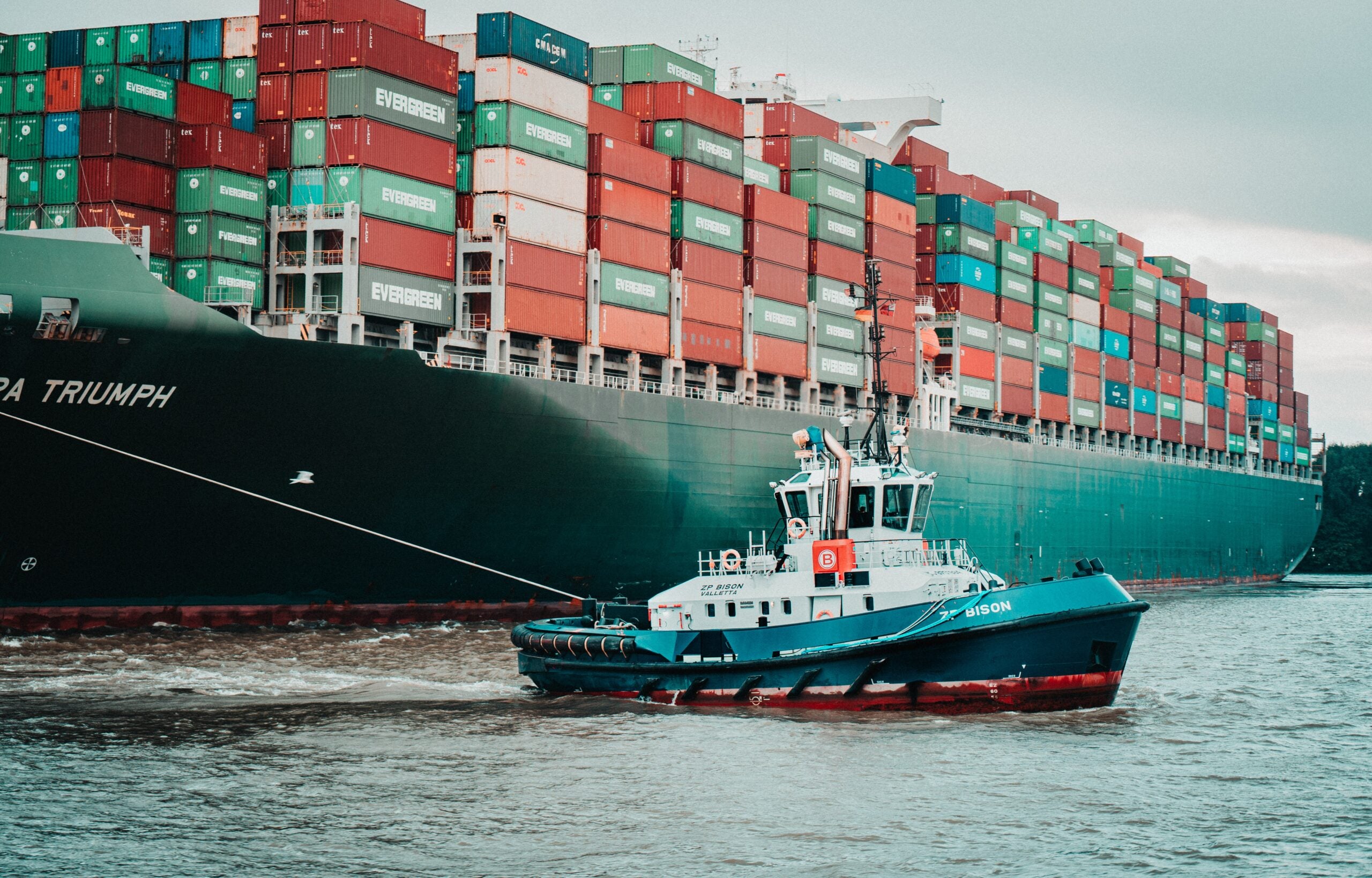
Manufacturing Resilience: The US Drive to Reorder Global Supply Chains

Global supply chains—the network through which products and services move from initial producers to final consumers—have become increasingly complex over the past several decades. Recent disruptions caused by the COVID-19 pandemic, along with the threat of further interruptions from rising geopolitical risks, have exposed the fragility of today’s supply chains. To build more resilient networks, US policymakers have taken three main approaches: increasing domestic manufacturing capacity (“reshoring”), building new supply chains among foreign partners aligned with US interests (“friendshoring”), and reducing dependence on trade partners considered untrustworthy (“derisking”). This paper evaluates these strategies, weighing the likelihood that each will reduce the potential of future disruptions against the costs to taxpayers and consumers. Reshoring builds domestic capacity but is costly and only tenable in a few critical sectors. Friendshoring balances the efficiencies of trade while preventing reliance on rival states but can ultimately result in longer and less transparent networks. Finally, derisking our relationship with China will allow the US to diversify critical supply chains but is complicated by the country’s dominant role in world trade and by ongoing political tensions.